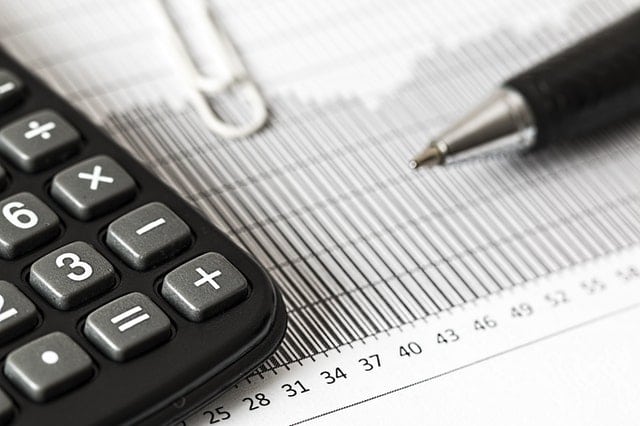With everything that has been going on for the last several weeks, most if not all people are feeling the economic pressure brought on by the coronavirus. With so many people out of work, and so many businesses forced to close, unemployment offices are seeing an influx of applicants. As a means to counteract some of the foreseen financial burden associated with COVID-19, the EDD has been instructed to extend the requirements for unemployment benefits. The new guidelines opened unemployment to self-employed individuals, including freelancers and 1099 contractors. Here’s what you need to know.
Who Qualifies for Unemployment?
Due to the extent of the coronavirus, individuals who previously would not have qualified for benefits now qualify under the CARES act. In addition to individuals who are unable to work due to COVID-19 diagnosis or business closures, unemployment benefits are not being extended to:
- Business Owners
- Self-Employed
- Independent Contractors
In order to qualify for benefits, you must have US citizenship or a permit to work in the United States. You must also meet the following guidelines:
- You must own your own business, be self-employed, or work as an independent contractor.
- Have a net profit of at least $4,600 per year.
- Have a valid active license, if your occupation requires one.
- Be able to perform all of your normal duties on a full-time basis at the time your application is submitted.
- Derive the major portion of your income from your trade, business, or occupation.
- You must work your occupation on a regular basis, seasonal businesses do not qualify.
- Stay in the program for two complete calendar years unless you discontinue your business or move out of California.
Income Requirements
When applying for unemployment benefits as a business owner, self-employed, or independent contractor you must generate a substantial portion of your income from your occupation in order to qualify. If you only work part-time or are seasonal you won’t qualify. You must earn over $4,600 per year to qualify for benefits.
Other Considerations
In order to qualify, you must be unable to perform your work at the time of application. Unemployment insurance may also be extended to general partnerships, which may include a husband and wife if you both engage in the business. It does not apply to limited partners or corporate offices, who are considered employees and subject to the provisions of the existing unemployment insurance code.
1099 Contractors
Independent contractors must be able to show proof of income in order to qualify. If you work as an independent contractor and earn over $600 from one client, they owe you a 1099 MISC. However, if you are using a third-party payment processing app to conduct business like Airbnb, Turo, or Uber, they will only issue you a 1099 K if you earn over $20k and have over 200 transactions. You must earn over $4,600 per year, and not be able to perform your normal occupation as a result of COVID-19.
Self Employed Freelancers
Freelancers are in the same boat as 1099 contractors. They must be able to demonstrate their income and earn over the minimum of $4,600 per year. Freelancers who work with sites like Upwork, will also only receive a 1099 K if they earn over $20k and have over 200 transactions. Freelancers can submit their tax returns as proof of income.
How to File
If you meet the guidelines and want to file for benefits the easiest way to file is online. Simply create an account and fill out the application. You will need to submit proof of identity and proof of income. The EDD may as for the following in determining your eligibility:
- Personal information, like name, address, and phone number
- Drivers license or ID number
- Social Security number or Alien Registration number
- Proof of income including W-2, 1099s, paystubs, and tax returns
In addition, you will need to determine how you would like to receive benefits. Some states issue a card, some do direct deposit, and some send paper checks. You will have to let the EDD know how you would like to receive benefits when applying for unemployment insurance.
Coronavirus Unemployment Benefits
In addition to extending unemployment benefits to self-employed, business owners, and independent contractors, the CARE act also extended unemployment benefits in other ways. As part of the PUA (Pandemic Unemployment Assistance) a supplemental benefit amount of $600 per week will be available in addition to the regular benefit rate. This will be available until July 31, 2020. The average weekly benefit amount is based on previous income and will vary depending on location. The minimum PUA rate is 50% of the average weekly benefit amount in your state. In addition, some workers and businesses may require more time to recover so the amount of time you can claim unemployment has been extended to 39 weeks.
More Coronavirus Relief Help
There are a lot of resources available to small businesses to help them get through this. From SBA loans and the Paycheck Protection Program to the federal stimulus that the IRS began issuing this week. Our team at Shared Economy Tax can help you navigate the stimulus programs. Get started today with a free, no-obligation strategy session with a business expert. Sign up for our free newsletter using the signup form below for the latest news on the coronavirus stimulus programs.
